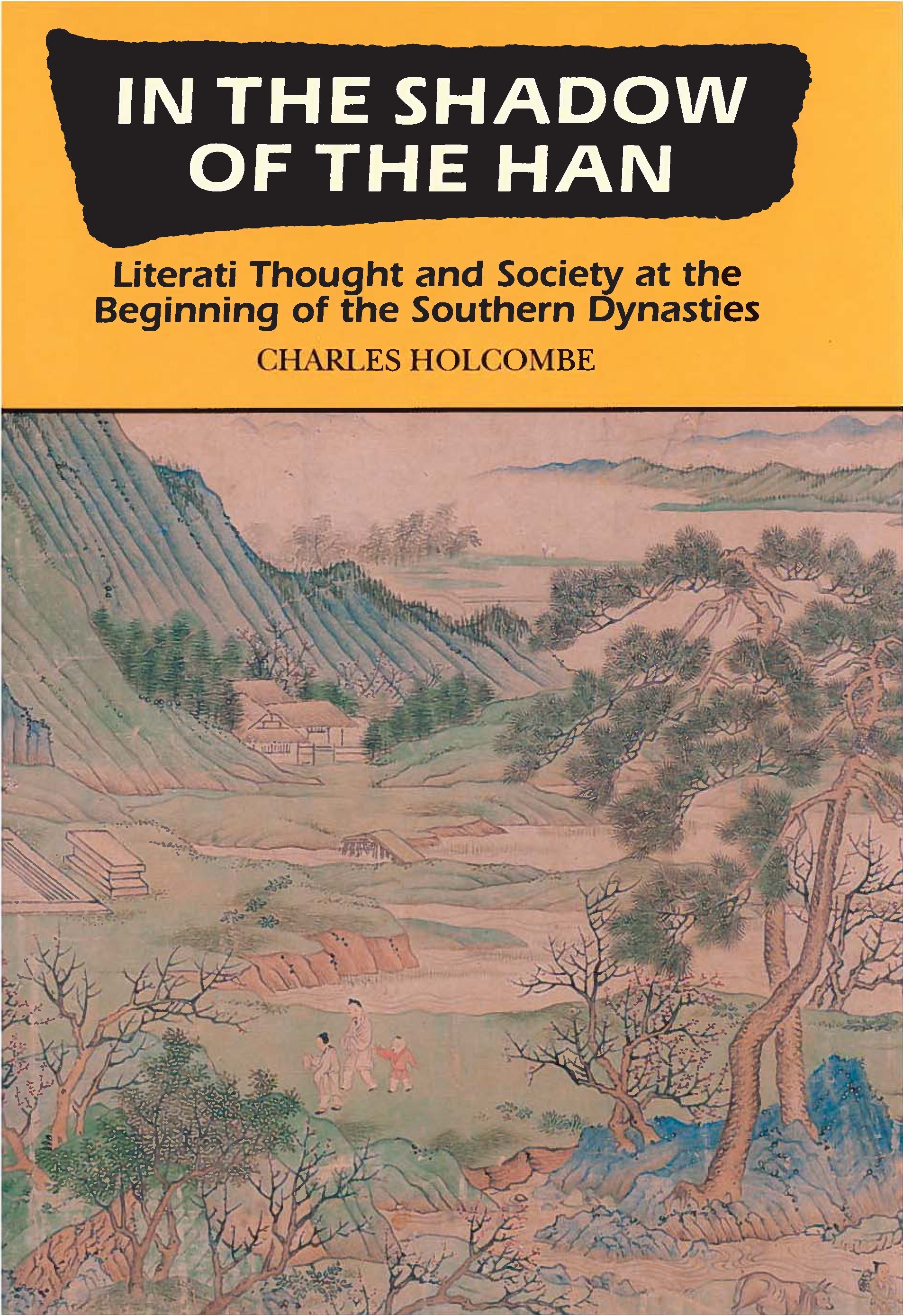In the Shadow of the Han
Charles Holcombe's study of the society and thought of the Eastern Jin (318-420) elite is a valuable addition to what has . . . been a rather thin English-language literature on early medieval history. In the Shadow of the Han makes a compelling case...
Read more
Charles Holcombe's study of the society and thought of the Eastern Jin (318-420) elite is a valuable addition to what has . . . been a rather thin English-language literature on early medieval history. In the Shadow of the Han makes a compelling case ... that the 'period of disunity' between the Han and the Tang has been an unjustly neglected area. . . . It will prove stimulating reading for early medieval specialists, and . . . [for others] it will provide a highly competent and readable survey of a period that to this point has been poorly covered. —China Review International, Spring 1996 "The Period of Division between the Han and Sui/Tang has not received the attention it deserves in the West, for our views of Chinese history have frequently been distorted by the identification of success and civilisation with great and long-lasting dynasties. The centuries which followed the fall of the Han, however, were valuable not only for China's future development, but also as an occasion of human experience. Professor Holcombe has made an important contribution to our understanding of medieval China, and his work should do much to encourage the study of this formative period of philosophy and history." —R. R. C. de Crespigny, Australian National University "Historical scholarship on the Southern dynasties has long languished as a moribund offshoot of the study of Chinese poetry and religion. In the Shadow of the Han approaches this challenging period with a much broader sensitivity to the elite culture of the time, placing it within a clearly conceived socioeconomic and political context. The intellectual puzzles of Neo-Taoism and hsüan-hsüeh have never been more lucidly grounded in a credible historical world. This is a pioneering study that puts every student of early medieval China in Charles Holcombe's debt." —Dennis Grafflin, Bates College
Less
